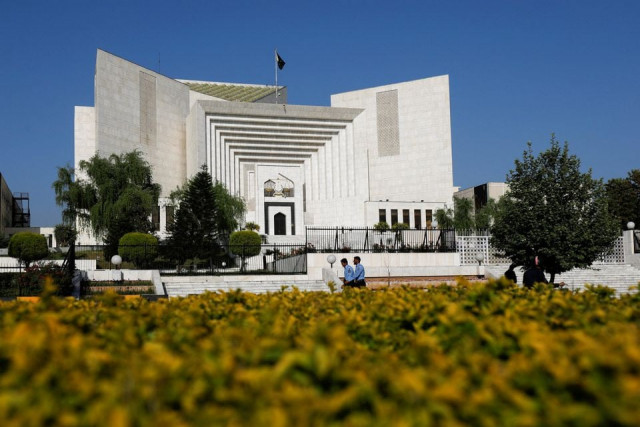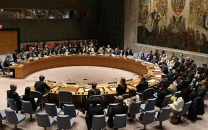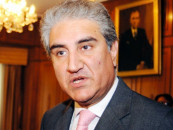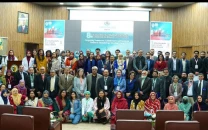Acquittal in rape case on compromise challenged in SC
K-P advocate general raises 14 questions of law in plea against PHC Mingora bench’s verdict

The Khyber-Pakhtunkhwa (K-P) government has challenged a Peshawar High Court verdict regarding acquittal of a man accused of assaulting a deaf and vocally-impaired woman because the accused married the victim on the basis of a compromise.
Advocate General K-P Shumail Butt has filed a criminal petition against the judgment of a PHC Mingora Bench Dar-ul-Qaza, Swat, last month. In the petition, the advocate general has raised 14 questions of law and argued that the bench’s ruling was based on the legal proposition that had been alien to the judicial system.
On December 20, 2022, the PHC bench accepted an appeal filed by convict Dawlat Khan, a resident of Buner district and acquitted him on the basis of a compromise. The trial court had sentenced Dawlat Khan to life imprisonment and Rs100,000 fine.
The Daggar police station had booked the accused under Section 376 [rape] of the Pakistan Penal Code (PPC). The first information report (FIR) was registered on the complaint of the victim’s mother on August 24, 2020. According to the FIR, the 30-year-old victim was deaf and vocally-impaired by birth.
The complainant told the police that on August 18, 2020 her daughter fell ill and she took her to a hospital in Daggar for treatment, where doctors after examining the victim, told the mother that she was six or seven months pregnant.
On enquiry, the complainant further told the police that six or seven months ago, while she was sleeping in a cattle shed, her neighbour, Dawlat Khan, came there and tied her hands with her scarf and repeatedly assaulted her.
In the petition, the advocate general asked whether the PHC judgment was sustainable in the eye of law as it was based on “the legal proposition which is alien to our judicial system”. He also asked whether the judgment was in conflict with the law laid down by the Supreme Court in various Judgments.
The petition also asked whether the Dar-ul-Qaza ignored the proposition of the law that the offence being not compoundable and that the court acquitted the accused on the basis of so-called compromise. He argued that acquitting the accused on compromise was a violation of Section 345 of Criminal Procedure Code (CrPC).
Since the victim of offence was a special person the advocate general asked whether male or female member or guardian of victim was available with her at the time of acceptance of compromise, adding that no facility of interpreter was provided to the victim at the time of accepting the compromise.
“Whether the offence committed by the respondent/accused is not of moral turpitude, as well as offence against society being committed against a special person who was deaf and dump and deserve special kindness and mercy of human being?”
According to the petition the respondent had committed violence, brutality and callousness, which deserved to be dealt with an iron hand therefore, the concession extended by the high court was not justified under the law as well as the norms of justice and society.



















COMMENTS
Comments are moderated and generally will be posted if they are on-topic and not abusive.
For more information, please see our Comments FAQ